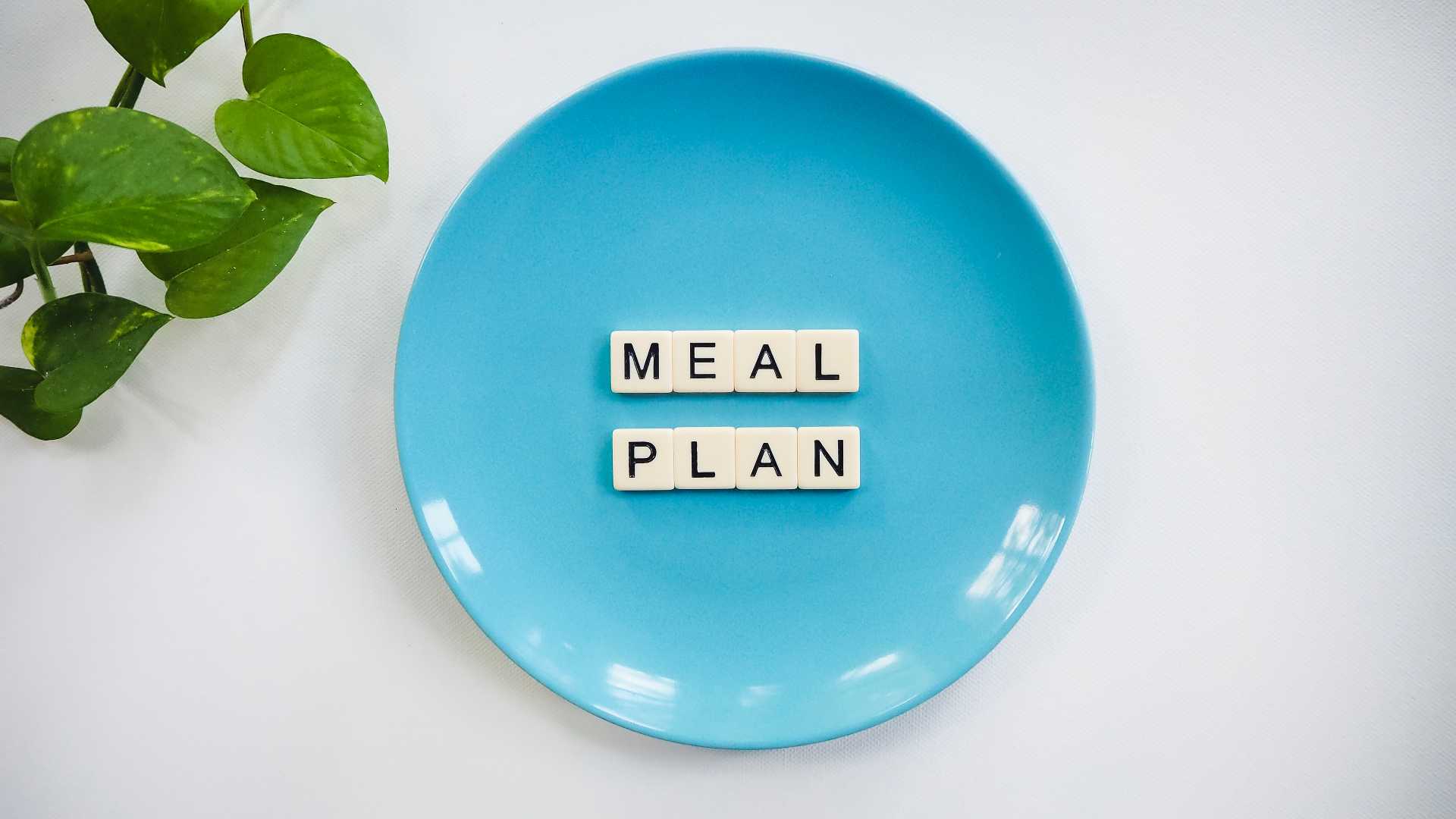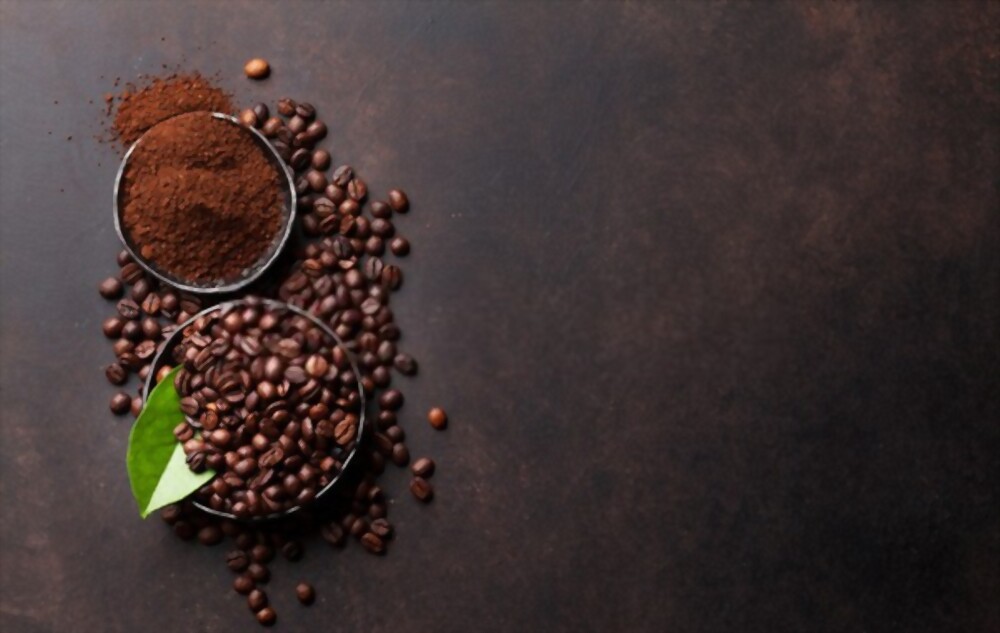Monsoon is the best season for all time as it calls for lovely wind along with the rain that leaves our mood refreshing every time. As the season has started, it’s time for us to change various habits and add a good change in ourselves. In the pleasant season, it is vital to know what the Foods to eat in monsoon are for better maintenance of health.
Table of Contents
Some of the foods that need to be consumed in monsoon are:
Turmeric –
One should make sure that they consume one glass of hot turmeric milk. Keeping this practice in mind can be very helpful to an individual as Turmeric is regarded as among the best Foods to eat in monsoon. It is the finest way of keeping the immune strong and ready to fight against all the infections.
It is an antiseptic along with antifungal treatment of keeping the body fit and healthy. Turmeric carries the property of antimicrobial that can help in dealing with a lot of health issues. It is named as the golden spice in the Indian kitchen.
Fermented meal –
One should opt for yogurt or the buttermilk as not only is it one of the most effective foods to eat in monsoon but it also helps in adding up a better taste in such season. All the ones who like to add a blessing to their food must don’t give a second through and opt for a floral blessing.
All the probiotics offer the microorganism that can help in keeping the track on the intestine. The microorganisms are best in keeping the intestine healthy for the long run so that body can function properly.
Garlic –
Also known as the stinking rose, there are several health benefits of garlic. It fights the flu and cold-causing viruses as well as boosts the immune system. As per the studies, consuming garlic daily enhances the number of T-cells in your blood, thereby assisting to secure you from viral infections such as flu and cold.
Alliin is an element that is found in the whole of garlic. So, whenever you bite or pound garlic in its raw form, alliin converts into allicin i.e., the most powerful ingredient which is found in garlic.
Dry Fruits and Nuts –
Munching on almonds, walnuts, and dates are the best idea, irrespective of what the season is. Having said that, please note that since these nuts are vitamins and minerals-rich, they are amazing options for adding to the monsoon diet.
Rich in niacin, Vitamin E, and riboflavin, these edibles support strengthening the immunity. There is a long list of dry fruit & its benefits, however the most important is being Vitamin E-rich as the latter is a strong antioxidant that supports in keeping the cells healthy.
Fruits –
The seasonal fruits such as Jamun, Pears, Cherries, Plum, Peaches, Pomegranates, and Lychee must be consumed more for nutrients such as Vitamin C and A, fiber, as well as antioxidants. Moreover, Jamun has a sweet and a bit of acidic flavor, and its juice also consists of bioactive phytochemicals that decrease the liver disease risk.
Not only Jamun but sweet and tangy plums are filled with vitamins, minerals, and antioxidants. They are also important to have during monsoons for restoring energy. Make sure to consume seasonal fruits such as mangoes that will keep your tummy filled and healthy.
Read Also: Can you eat Quinoa on your Low carb diet? Here is the answer!
Lemon (Zest & Pulp) –
It is pure Vitamin C as well as is best for the immunity of your body along with being the need of the hour. Regarded as among the healthiest foods to eat in monsoon, Lemon eases digestion, fights infections, strengthens bones, along with doing a lot more good things for the body.
Do you know that lemon zest is as healthy for you as the flesh? Filled with flavonoids and bioactive compounds, lemon zest as well as the lemon pulp is an exceptional addition to the monsoon diet.
Spinach –
This superfood is an amazing source of Vitamin E, A, C, folic acid, fiber, and carotene. Each of these antioxidants and nutrients assist the body for carrying on the functions appropriately along with bestowing you with a powerful immune system hence preparing you for monsoons.
Though you might find a lot of references mentioning that it is not good to consume leafy vegetables during monsoons due to the dirt and mud that sticks to them, however, you can always make it a point to wash them well before getting them cooked.
Ginger –
When it comes to the most nourishing foods to eat in monsoon, ginger is the best herb with antiseptic, antibiotic, antimicrobial, and anti-inflammatory characteristics. Also, it is rich in antioxidants. There is no denying the fact that this is your go-to remedy for cough and cold, body ache, sore throat, as well as others that are integral to the household.
Ginger is useful to boost the immunity level as well. One can have it through steeping in water in the form of ginger tea, or you can also add it to curries and soups besides having it with milk and turmeric as the soothing Haldi Doodh.
Indian Masala Chai –
While the ideal olio of the spices, like clove, ginger, cardamom, cinnamon, dried black pepper, and tulsi leaves goes into a cup of boiling water through the accurate proportion of milk and tea leaves, an authentic immunity-boosting ferment goes in the making.
Cloves and Cardamom are useful against a lot of infections, as peppercorns avoid and soothe the symptoms such as flu and cold. Also, cinnamon is the bank of anti-inflammatory and medicinal properties as well. Not a fan of tea? Still, consider this one as the medical concoction for steering away from the monsoon’s side effects.
One needs to keep in mind that in this season a person might end up getting various infections in the body. That is why keeping the right immune health and having the right Food to eat in monsoon is a must for every individual and that is why mending the food or the eating habit is something that needs to be kept in mind.

 Login/Register
Login/Register
-777x437.png)










Be the first to comment on "Add On The 9 Foods For A Better And Safe Monsoon"